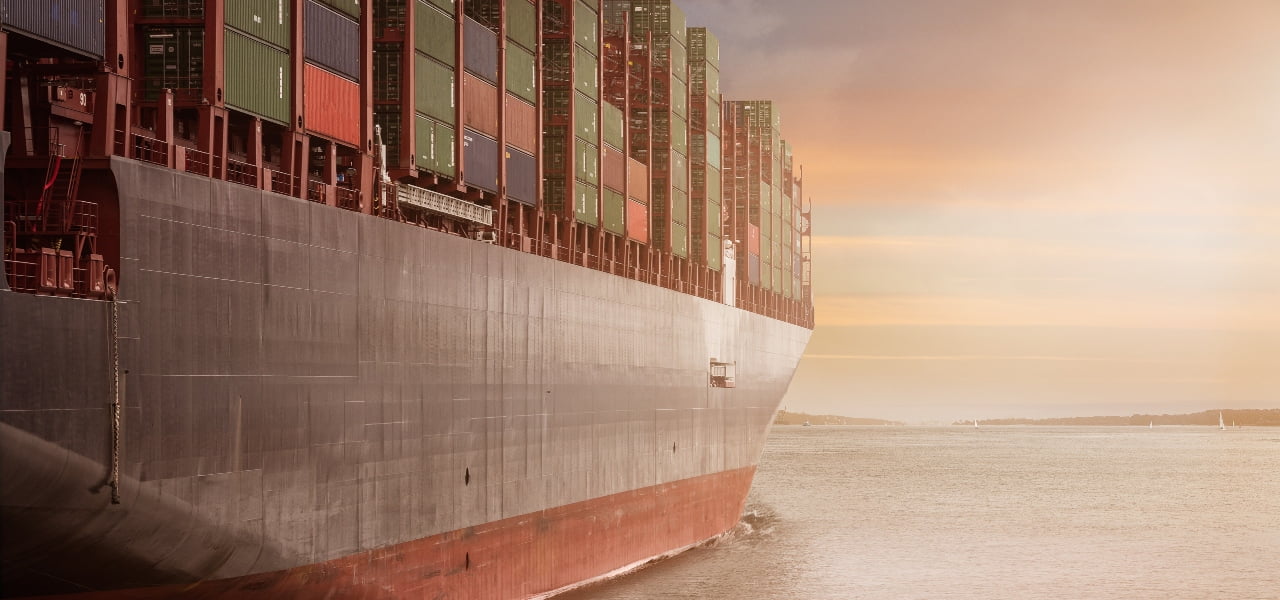Companies in China are facing new logistics problems that are increasing container shipping costs up to five times. The pandemic and trade disruptions are the culprits, as the global supply chain remains under threat.
Q2 2021 hedge fund letters, conferences and more
Logistics Problems, Again
Fang Xueyu, vice president of international marketing and general manager for Asia-Pacific at Hisense, was quoted as saying on CNBC: “The cost of shipping containers has climbed five-fold from about $3,000 to as much as $15,000 each.”
Further, it is now taking one additional week for containers to reach Europe, as many goods are even piling up.
Alexander Klose, executive vice president of overseas operations at Chinese electric car start-up Aiways, also asserted that the ongoing disruptions “delayed some shipments by two, three months just because cars were sitting in a port and not being transported.”
“What you have in Europe, what you have around the world, I wouldn’t call it chaos, but a lot of disturbances in the logistics system,” he said.
The situation has prompted Airway to rebook and delay shifts given the unavailability of both ships and containers.
Faced with persistent logistics problems, e-commerce platforms have even started building or renting stockroom quotas close to markets like Europe, “so sellers can pre-ship products for storage there.”
“Once a customer places an order, the product only needs to travel from a nearby warehouse, instead of across a continent.”
Enormous Impact
These logistics problems are bound to have a significant impact on global trade, as demand for made-in-China products has remained bold in key markets.
CNBC reports that in the first semester, exports to the European Union grew by 35.9% from a year ago to $233 billion, “while those to the U.S. climbed 42.6% to $252.86 billion.” Also, according to consulting firm Bain, out of the 3,400 Chinese companies trading overseas, only 200 make more than $1 billion in sales.
The shipping delays are a big hurdle for the firms that are looking at growing their business in other regions.
On the other hand, given the supply chain disruptions and logistics hiccups, companies from overseas will find it increasingly hard to access China’s famous cheap manufacturing
Earlier in June, China faced an enormous shipment backlog in flagship ports like Yantian, Shekou, Chiwan, and Nansha, when nearly 50% of container vessels were anchored off the country’s coast.
Nerijus Poskus, vice president of ocean strategy and carrier development at Flexport, said back then that it was “one more in a series of disasters that have accumulated in the global supply chain.”













